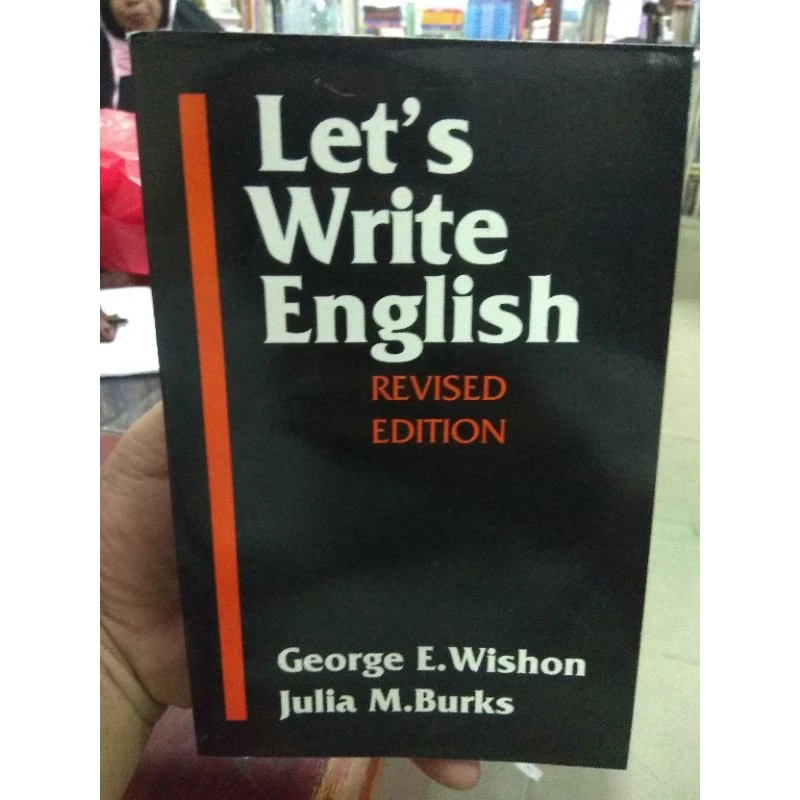To write successful copy, you need to know as much as you can. It goes beyond reading background materials, reviewing old marketing pieces and doing some cursory research on the Web.
You need to get inside peoples’ heads.
Start with your clients. They know their business and their customers better than you do. (If they don’t, they should. You can help them learn more.)
Read More : 10 Tips for Aspiring Freelance Copywriters
How? Use a marketing/creative brief to get the information you need to ace the copywriting (and marketing) assignment. (A marketing/creative brief is a tool used by ad agencies and corporate marketing and creative departments.)
Following is a marketing/creative brief adapted from one I used during my stint at a Seattle ad agency. Even though I now work solo, I still use it today.
Marketing/Creative Brief
(Note: Designed for B2B; much of this brief is also applicable to B2C.)

Good input is key to a successful project, campaign, or marketing program. This marketing/creative brief is designed to elicit good input. But it takes thorough and thoughtful answers on your part. Please answer the following questions carefully.
- What is the description of the piece(s)? (Ad, Web site, brochure, radio script, direct mail, etc.)
- What is the marketing focus? (What products or services are we telling about?)
- What is the communications problem that the piece(s) must solve? (Awareness, positioning or repositioning, product introduction, category introduction, etc.)
- Who is the audience? (Demographics, title, function, responsibility, etc.)
- What is their point of view about the product, service, category?
- Who is the secondary audience(s), if any?
- What business problems or issues does the product(s)/service(s) solve for the audience(s)? (Efficiency issues, profitability issues, operations issues, technology issues, etc.)
- What effect do we want the piece(s) to have on the target audience(s)? (Purchase, phone call, visit Web site, request more information, increase their awareness, etc.)
- What can we offer to achieve the desired response? (Demos, situation evaluation, sales collateral, personal visit, white paper, etc.)
- What is the single essential message we must tell the target audience(s) to achieve the desired effect? (Be as concise as possible.)
- What evidence is there to support our claims? (Features and benefits, testimonials, case studies, etc.)
- Can anyone else make a similar promise?
- Are there any technology issues to address? (Compatibility, operating systems, hardware requirements, etc.)
- What specific industry issues must be addressed? (Trends, etc.)
- Are there any industry, product or competitive issues to be avoided?
- What tone should the piece employ? (Hardhitting/serious, educational/informative, humorous, etc.)
- What do you like about your current piece(s)? (Look and feel, tone, messaging, functionality, etc.)
- What don’t you like about your current piece(s)? (Look and feel, tone, messaging, functionality, etc.)
- What overall impressions (look and feel, etc.) would you like the piece(s) to make?
- Will this piece(s) be used with any other pieces? (proposals, collateral, letters, etc.)
- How will the piece(s) be used (online, leave behind, trade shows, mailed, etc.) and at what point in the sales cycle?
- Any other comments?
Admittedly, getting clients to answer these questions isn’t always easy.
That’s why it’s best to be flexible with the use of a marketing/creative brief. You can ask the client to fill it out. You can use it to interview the client. You can fill it out yourself for the client’s review. Any sort of collaborative approach works well.
In the end, stress to your clients that if they want more clicks, more leads and more sales, they need to actively participate in the input process.
One you have all the information you need, you’re ready to write a winner.
